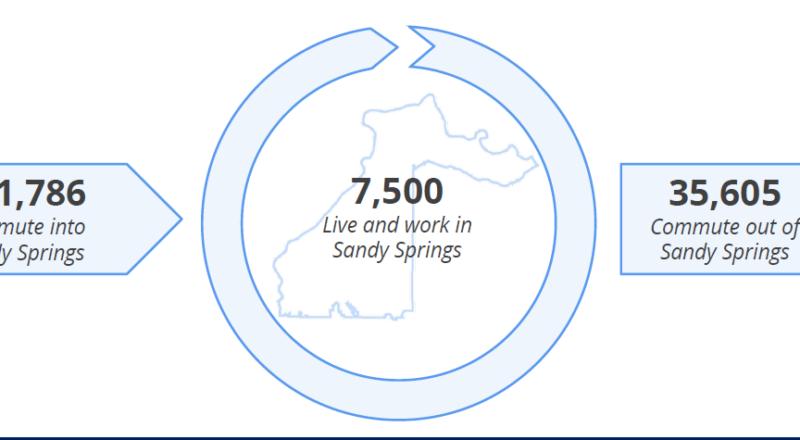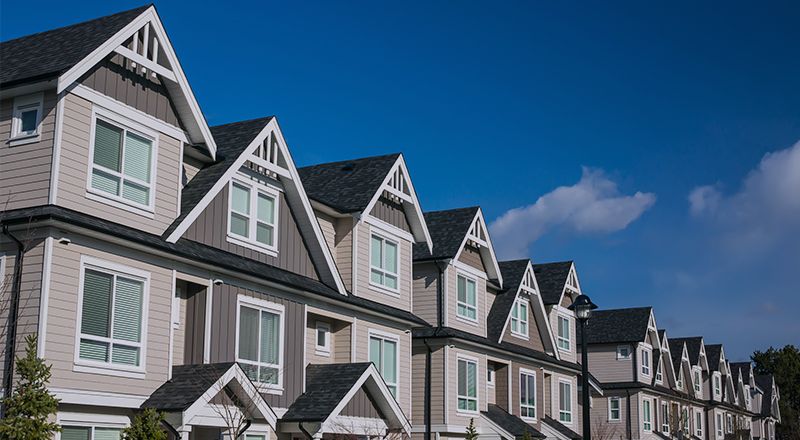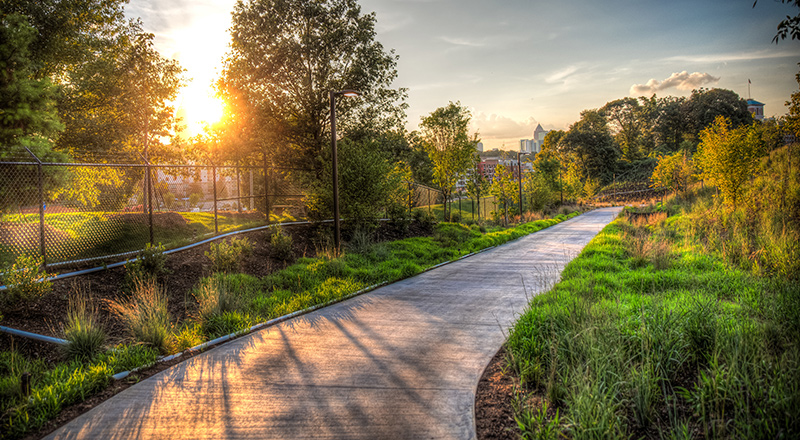
In our recent blog, Why Do We Need More Apartments? many of you took the time to comment. We appreciate your feedback and engagement on this important issue. Many of the comments were in alignment with the points we made. Traffic was mentioned often as a reason to NOT build more density.
Karlene Barger wrote:
…Increased density adds more cars to the road structure!… why should we support more and more roads for people to cut through our neighborhoods?
Drmbrooks wrote:
I have lived in Sandy Springs for more than 15 years and have watched it grow from a quiet peaceful area to the squashed-up housing and roads where there is often a traffic jam – viz Pitts Rd.
So do we need more housing and more traffic?
Brett Levinson wrote:
We need less people here. Place has gotten insane with traffic
And we agree that traffic is a problem, but that is because our housing is too far from our places of employment, retail, and other services, causing these essential workers to spend more time on the road.
Sandy Springs is a regional employment center, and as such, our city DOUBLES in size each workday, according to the Housing Needs Assessment Report. Nearly 112,000 cars commute daily INTO our employment centers and other city destinations. These employment centers are a major portion of our city’s tax base, so we want to keep our employers happy.
Currently, employers are having difficulty retaining and recruiting employees because Sandy Springs lacks housing. We have a shortage of 6,320 owner units for employees earning less than $80K. We also have a shortage of 5,270 rental units for employees earning less than $33K.
The solution is two-fold…
1. IF we could offer housing that is closer to jobs, our traffic would be less because employee commutes would be shorter, and they could also walk to their favorite restaurants, parks and other amenities.
2. Traffic flow and volume needs to be addressed by our government and MARTA. Use your voice to support our local and regional transportation studies and programs that are geared to reduce congestion. Here is a link to the North End Roadway Safety Analysis.
In fact, there IS a correlation between a reduction in traffic and housing being close to centers of employment. As urban researcher William Fulton put it,” Instead of building expensive roads, we could be building housing that limits how far people have to drive in the first place.”
The new development around City Center is a perfect example of apartments that are close to restaurants, the City Green and retail. You see people walking to their destinations daily. The newly proposed redevelopment in the old Parkside Shopping center, where Egg Harbor is, will feature a similar concept: close-in housing in easy proximity to restaurants, retail, greenspace, and employment. This concept is called, “Live, work, play” and we applaud it…BUT some of the housing needs to be affordable to our workers making $50,000 or less.
We go into more detail about traffic and housing in a recent blog: What Came First the Chicken or the Egg?












